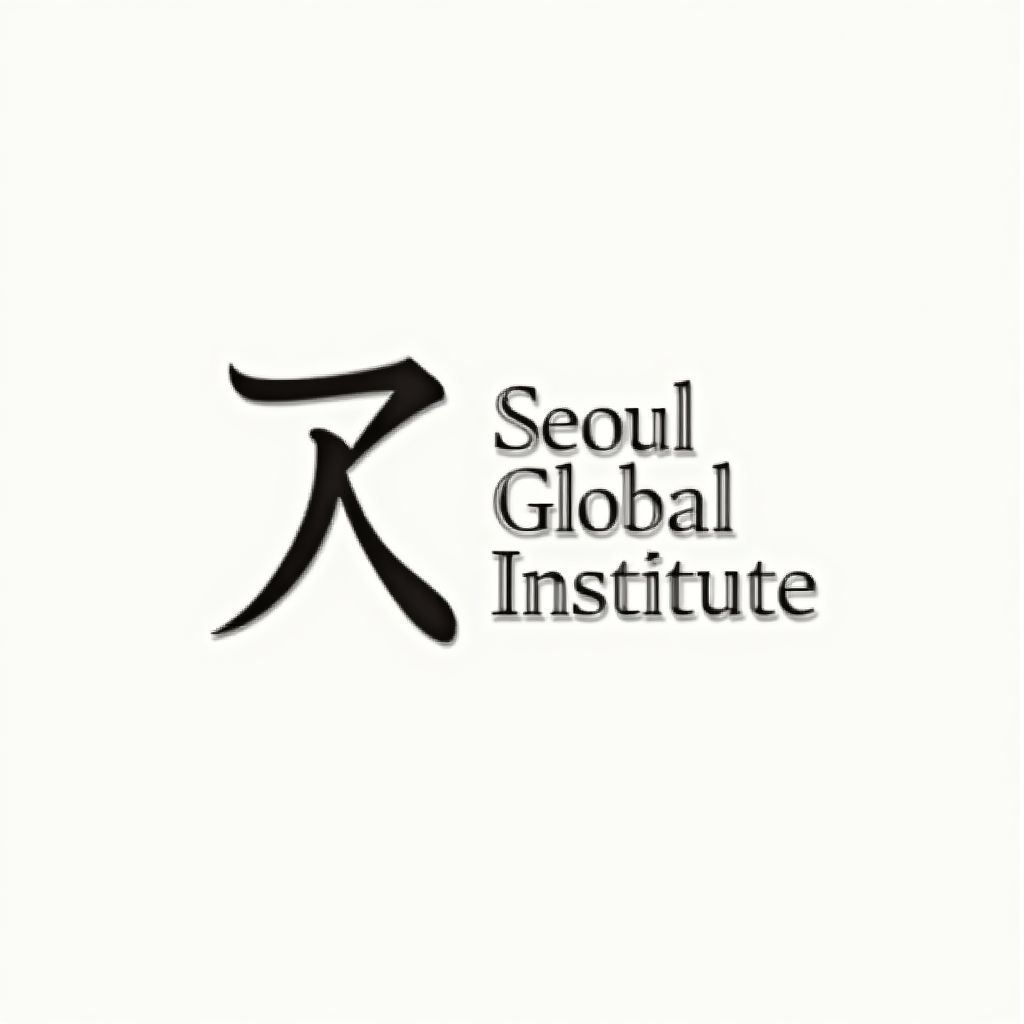Top 10 Asian Countries for Education
Your comprehensive guide to costs, leading programs, and visa information for studying in the world's most dynamic continent.
Start ExploringOur Mission
Our mission is to demystify the process of pursuing higher education in Asia. We believe that the incredible academic and cultural opportunities available across the continent should be accessible to every aspiring student. We are dedicated to providing clear, accurate, and comprehensive information on university programs, living costs, and visa procedures. By breaking down these complex barriers, we empower students to make informed decisions and confidently embark on a life-changing educational journey in one of the world's most vibrant and innovative regions.
Our Vision

We envision a future where borders are not barriers to education. Our goal is to become the most trusted global platform for students seeking to study in Asia, fostering a community where knowledge and cultural exchange flourish. We see a world where any student, regardless of their background, can easily navigate the path to a top-tier Asian university, unlocking their full potential and contributing to a more interconnected and understanding global society. This vision drives us to constantly improve our resources and support systems.
Explore the Top 10 Countries
Estimated Costs: Tuition fees at public universities range from $5,000 to $7,000 USD per year. Private universities can be more expensive, from $8,000 to $15,000 USD. Living costs average around $1,000 - $1,500 USD per month, depending on the city.
Top Programs: Engineering, Information Technology, Economics, International Relations, Japanese Language & Culture.
Visa Info: A student visa is required for long-term study. Applicants typically need an acceptance letter from a Japanese educational institution, proof of financial stability, and a valid passport. The process is straightforward but requires meticulous documentation.
Estimated Costs: Public university tuition fees are approximately $4,000 - $8,000 USD annually. Private institutions may charge between $6,000 and $12,000 USD. Monthly living expenses are estimated to be $900 - $1,400 USD.
Top Programs: Business Administration, Computer Science, Engineering, Media & Communication, Arts & Design.
Visa Info: Students need to apply for a D-2 Student Visa. This requires a Certificate of Admission from a Korean university, proof of finances, and academic records. The application is typically submitted to the South Korean embassy in the student's home country.
Estimated Costs: Tuition fees for international students are higher, ranging from $15,000 to $30,000 USD per year, though government subsidies are sometimes available. Living costs are also high, typically between $1,500 and $2,500 USD per month.
Top Programs: Finance & Banking, Computer Engineering, Law, Public Policy, Life Sciences.
Visa Info: International students must apply for a Student's Pass. The application is done online through the Immigration & Checkpoints Authority (ICA) of Singapore after receiving an offer letter. The process is efficient and well-organized.
Estimated Costs: Tuition is relatively affordable, with public universities costing between $2,500 and $10,000 USD per year. Living expenses are also low, ranging from $500 to $900 USD per month, especially outside of major cities like Beijing and Shanghai.
Top Programs: Engineering, Medicine (MBBS), International Business, Chinese Language, Computer Science.
Visa Info: An X visa (X1 for long-term, X2 for short-term) is required. This involves an admission notice, a JW201 or JW202 form issued by the university, and a physical examination record.
Your Journey to Studying in Asia
Step 1: Research & Discovery
Begin by exploring our detailed guides on the top 10 countries. Compare costs, programs, and cultural environments to find the perfect fit for your academic and personal goals. Use our resources to create a shortlist of universities and programs that excite you.
Step 2: Application & Admission
Once you've chosen your desired universities, focus on preparing a strong application. This includes gathering academic transcripts, writing personal statements, and securing letters of recommendation. We provide tips to make your application stand out from the crowd.
Step 3: Visa & Documentation
After receiving an acceptance letter, the next crucial step is securing your student visa. Each country has unique requirements. Our guides provide a clear breakdown of the necessary documents, financial proofs, and procedures to ensure a smooth and successful visa application process.
Step 4: Prepare for Departure
Congratulations! With your admission and visa secured, it's time to prepare for your new life abroad. This final step involves booking flights, arranging accommodation, and understanding the local culture. We offer pre-departure checklists to help you get ready for your amazing journey.
Student Success Stories

"This guide was indispensable for my application to Waseda University in Tokyo. The visa information was incredibly clear and saved me so much time and stress. I'm now living my dream, studying robotics in one of the most advanced cities in the world."

"I always wanted to study business in Seoul, and the detailed cost breakdown helped me plan my finances perfectly. The program comparisons led me to discover my ideal MBA at Seoul National University. The entire process felt manageable thanks to the step-by-step process guide."

"As a computer science student, Singapore was my top choice. The information on scholarships and grants for international students was a game-changer for me. I successfully enrolled at NUS and am now interning at a major tech firm here. It's an incredible opportunity."
Recognized for Excellence
Best Education Resource 2023
Awarded by the International Education Council for providing accurate and accessible information.
Student Choice Award
Voted the most helpful online guide by over 10,000 prospective international students.
Excellence in Accessibility
Recognized for our commitment to making complex information easy to understand for a global audience.
Our University & College Partners





Further Reading & Research
Top 10 Ways to Reform Schools | Asia Society
Hundreds of reforms are introduced into school systems around the country every year in curriculum pedagogy, governance, technology, and so on.
Girls' Education Overview
In low-income countries, secondary school completion rates for girls also ... leading to lower attendance and higher dropout rates. An estimated 246 million...
The Global Distribution of STEM Graduates...
In Asia, countries like China, India, South Korea, and Japan rapidly expanded their STEM education programs and today produce significant numbers...
UNICEF Annual Report 2023 | UNICEF
...education results and gender-responsive education sector plans in seven countries.
Facts & Figures - BYU
Reuben Clark Law School and Marriott School of Business are both Top 30 schools and host many of the top-ranked programs in the United States...
Global Education - Our World in Data
There are large differences in educational outcomes: in low-income countries, most children cannot read by the end of primary school...
Get Personalized Guidance
Have specific questions? Fill out the form below, and our education advisors will get back to you.